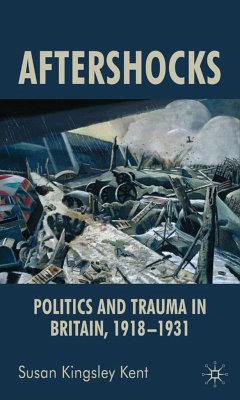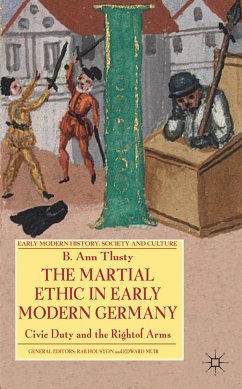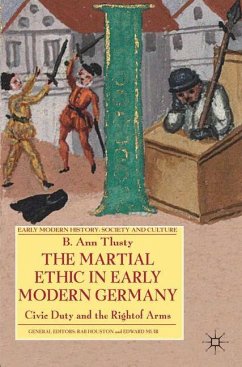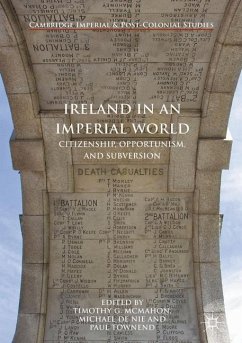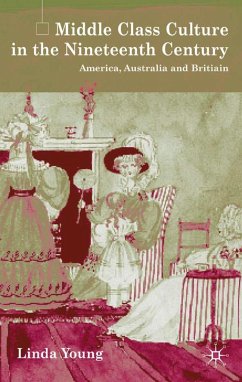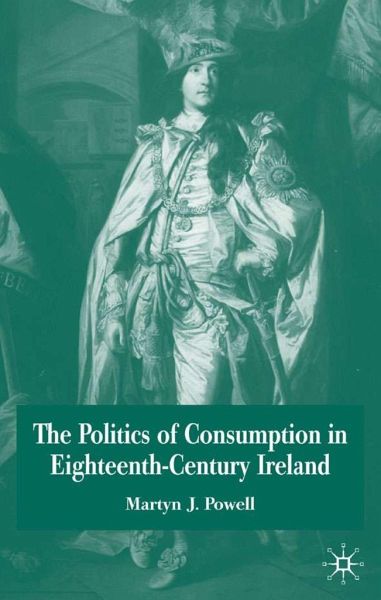
The Politics of Consumption in Eighteenth-Century Ireland

PAYBACK Punkte
52 °P sammeln!
This book explores the politicization of consumer goods in eighteenth-century Ireland. Moving beyond tangible items purchased by consumers, it examines the political manifestations of the consumption of elite leisure activities, entertainment and display, and in doing so makes a vital contribution to work on the cultural life of the Protestant Ascendancy. As with many other areas of Irish culture and society, consumption cannot be separated from the problems of Anglo-Irish relations, and therefore an appreciation of these politcal overtones is vitally important.






